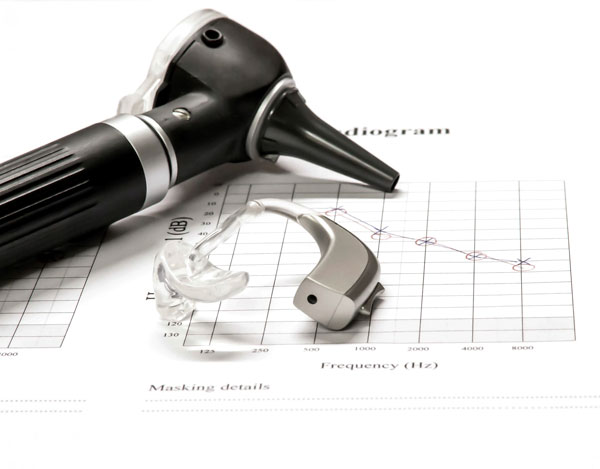
As you learn more about hearing loss, you’ll find that you have many questions. We’ve aimed to give you answers to some of the most common questions we hear at our San Diego offices below. If you are looking for more hearing FAQ information about hearing loss, hearing aids or your hearing health, please contact us to schedule an appointment with one of our hearing loss experts. Along with assessing your hearing, our audiologists are equipped to provide our valued patients with as much information as is needed.
What are the symptoms of hearing loss?
Signs of hearing loss vary from person to person, but there are a few common symptoms that many hearing loss patients experience. These signs include asking people to repeat themselves often, thinking other people are mumbling, struggling to understand women and children, turning up the TV or music higher than others, and finding it difficult to follow conversations in restaurants or at loud social events.
How does noise affect my hearing?
Very loud sounds (over 120 decibels) can damage your hearing instantly and irreversibly if you aren’t wearing protective plugs. It’s important to understand that other, quieter sounds can also damage your ears if you’re exposed to them over time. The general rule of thumb is that sounds over 85 dB should be considered harmful. Though sound at this volume takes about eight hours to cause permanent damage, sound at 100 dB can harm your hearing in an hour, while 110 dB noises can damage your ears in just 15 minutes of exposure.
What should I do if I think my loved one is experiencing hearing loss?
Since hearing loss typically develops very gradually over many years, it can be difficult to detect for the person experiencing it. More often than not, family members or friends may notice the signs of hearing loss first. If you’re concerned about your loved one’s hearing, schedule a hearing exam with an audiologist. This simple process will reveal if your loved one’s hearing is normal or impaired, and, in the case of a hearing loss, it will reveal the type and severity as well. Once you have this information, you can make decisions about treatment.
Do I really need to worry about my child getting hearing loss?
In short—YES! Hearing loss is one of the most common congenital birth defects and affects 2–3 in every 1000 U.S. babies. As children age, their risk of developing hearing loss remains. Today, it’s estimated that 15% of school-aged children have a hearing loss in at least one ear. Without keeping up with the recommended schedule for regular hearing testing, children’s hearing loss can interfere with their academic, social, and behavioral development.
Does hearing loss have any real consequences?
Hearing loss is often neglected, but it’s just as important as your dental checkups, mental wellbeing, and physical health. Hearing loss has been directly linked to higher incidences of dementia, Alzheimer’s disease, depression, anxiety, and deteriorating physical health. It can also affect academic and professional success and lead to loss of income and emotional withdrawal.
How do I know if I have hearing loss?
While it’s important to be aware of the signs and symptoms associated with hearing loss, getting your hearing tested regularly is the only way to ensure you’re keeping up with your hearing health. Teens and adults under 40 should have their hearing screened every 3–5 years, older adults should get hearing assessments every two years and seniors over 65 should visit their audiologists annually.
How is hearing loss usually treated?
Hearing loss is most commonly treated with hearing aids, as they are the most effective method. There are many styles of hearing aids available, allowing most patients to find the right solution for their hearing, personal, and financial needs. In some cases, hearing loss may not be treatable using hearing aids. In these instances, your San Diego hearing loss doctor may recommend cochlear implants or other surgical options.
